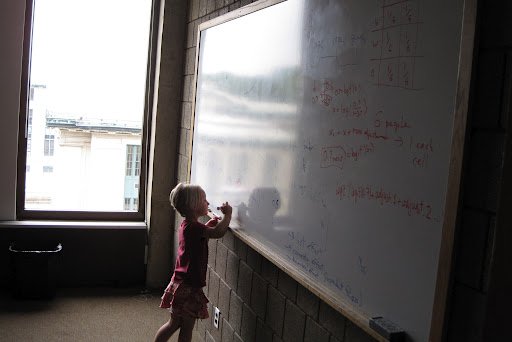The story of Zacchaeus provides a view of salvation that is different than the atonement theology that describes Jesus’ death as paying the ransom for the souls of sinful humanity. Instead, the story commands significant life change.
Prerequisite to anything Jesus, at least in this story, is curiosity. If Zacchaeus’ wealth could have bought an audience with Jesus, I’m guessing Zacchaeus wouldn’t have stooped to the indignity of running ahead of the crowd and climbing a tree, just to see better. As it was, though, there he was, hanging on a branch when Jesus made his day by calling him by name down from his perch.
That’s when other people started complaining, saying that Jesus was–oh horrors!–staying at the home of a wicked man, this tax collector who had become wealthy presumably by crooked dealings. Almost as if in response to the grumbling, almost as if he perceived that associating with Jesus required some justification on his part, almost as if he all of a sudden wanted really badly to be worthy of Christianity, Zacchaeus declared that he would not only right past wrongs but also begin to deal generously with others.
Jesus gave his blessing to this distrusted but newly changed man by declaring, “Today salvation has come to this house.”
Salvation? With no crucifixion? It’s the rest of the story that I find challenging and even intimidating, because if the process of salvation involves changing toward generous living, I know I am far from saved.
Zacchaeus’ rebirth relies on no prescribed, simple sinners’ prayer, no recitation of a newly adopted creed, and no membership in an exclusive sect. The story doesn’t even say Jesus told him to do anything at all. Instead, it seems that Zacchaeus all at once both desired and knew how to bring salvation to his life.
I suspect that every one of us has a need for the salvation of this sort, for continued turning from selfish to generous living. I know I do.
I have been the recipient of much generosity in the last year. In a way, many people–like Jesus in the story of Zacchaeus–have come to my house for dinner. D loaned me tools and even put in hours helping with my kitchen project. G, whom I’d previously met only briefly, not only advised me by the phone and sold me professional-grade flooring supplies; he also came to my house twice to actually do (for free!) several steps of the flooring project. M extended love and acceptance even when I was less than easy to like. A cousin–just out of the blue–offered words of affirmation even when I felt self doubt about our music.
And some, perhaps without even meaning to, pointed me toward new salvation. When I returned the tractor I’d borrowed to mow our meadow, our friend’s dad, who had seemed genuinely eager for me to use his little Ford, sat a while on his porch in the hot midday and talked, in part about a man he knew when growing up: “He always made me feel better about myself,” he said, “and that’s a big deal for a young boy.”
That was and still is a call–to this husband, dad, son, brother, teacher, uncle, neighbor–to generous living: the perspective has looked me up and invited me to a more complete salvation based on the building up of those around me.
And all I did was climb up onto the seat of an old tractor.


2 Comments
Jennifer Jo
Now read this post, the second story: http://bit.ly/QcL3IG
sk
Astute.